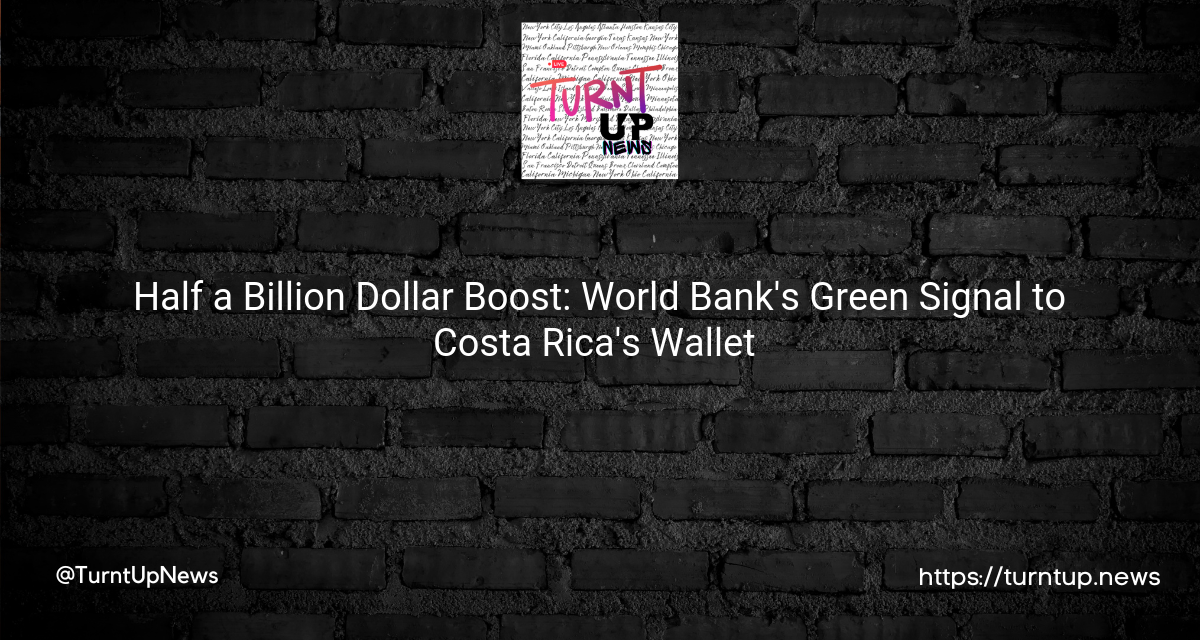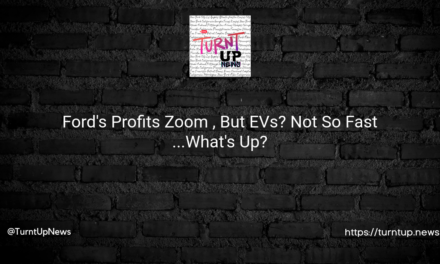💸 Half a Billion Dollar Boost: World Bank’s Green Signal to Costa Rica’s Wallet 💼
TL;DR: 🚦 Green light from the World Bank with a $500 million check written out to Costa Rica, aiming to bolster the government’s budget. This Benjamins Boost is designed to stimulate post-pandemic employment, pump up wages, and give small and medium-sized businesses a shot in the arm. This move has a generous repayment plan but also poses a few interesting questions about long-term financial sustainability. 🧐💡
🌴🏦 Costa Rica, the Central American gem renowned for its eco-conscious initiatives, got a much-needed fiscal injection from the World Bank to the tune of $500 million. This economic adrenaline shot is aimed at boosting the government’s budget and enhancing post-pandemic recovery efforts. But wait, what happens when the cash runs out? 🤔💰
The World Bank, acting a bit like your rich Uncle Sam, hopes this hefty loan will pump life into employment and wages, offering a financial lifeline to small and medium-sized businesses struggling in the post-Covid world. The idea seems peachy, right? But can money alone solve all these problems? Or is there more to this equation? 🍑💼
“While Costa Rica has made much progress in the environmental, economic, and social spheres, the reduction of poverty and inequality remains an ongoing challenge,” says Carine Clert, World Bank’s country manager for El Salvador and Costa Rica. Now that’s an understatement! But isn’t it the same story everywhere? Can one loan change the course of an entire country’s socio-economic trajectory? 🧭💸
The financial package comes with an unusually lenient payback period of 19.5 years, which includes a four-year grace period (sounds like my student loans!). The interest rate, just to keep things interesting, is based on the Secured Overnight Financing Rate (SOFR) plus a variable margin, all in our favorite global currency, the good ol’ US dollar. But does this generous timeline and relatively low interest make it an easy win for Costa Rica, or does it raise more questions about the country’s ability to sustain itself in the long run without external financial help? 🌍💵
So here we are, folks, watching Costa Rica on the receiving end of a colossal loan designed to stimulate its economy. But isn’t this a short-term fix for a long-term issue? What happens when the cash runs out? Is this setting a precedent for other nations to follow suit and lean on the World Bank?
In the end, isn’t it worth asking: is this kind of band-aid solution sustainable, or do we need more systemic changes to truly address the economic disparities globally? 🌐💭
💭 Note: This news content isn’t financial advice. Always do your own research before making any kind of investment.
So, what do you think? Will this loan prove to be a boon for Costa Rica or a financial crutch leading to potential pitfalls? Let’s get the convo rolling! 💬💡





